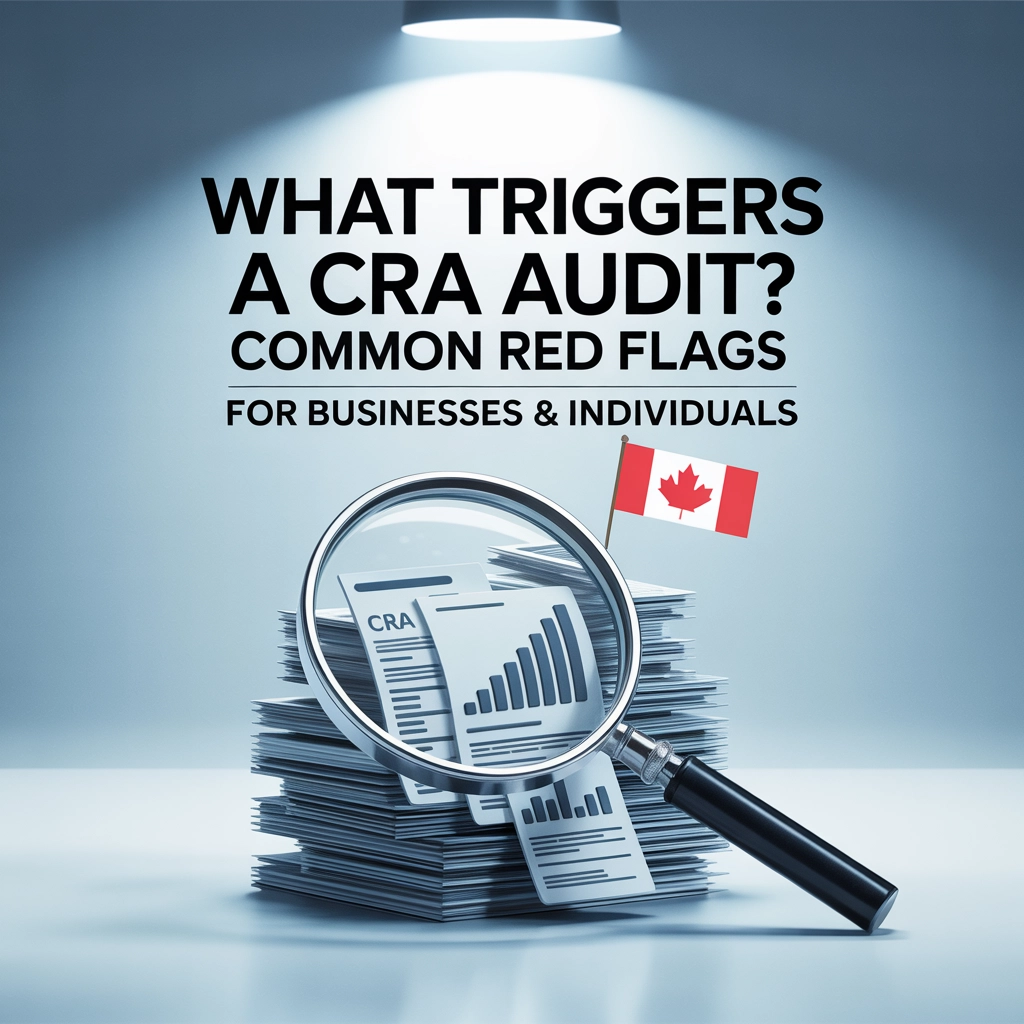Comprehensive Guide to Navigating CRA Regulations for House Flippers
This guide offers an in-depth look at the regulations set forth by the Canada Revenue Agency (CRA) that specifically impact house flippers. Understanding these regulations is crucial for anyone looking to profit from real estate investments without falling into legal pitfalls.
With the introduction of new anti-flipping rules in 2023, it's essential for investors to stay informed about the legal landscape. This guide will cover everything from tax implications to compliance strategies, ensuring that you are well-prepared for any challenges that may arise during your house flipping ventures.
Understanding CRA's Anti-Flipping Rules: What You Need to Know
The CRA's anti-flipping rules are designed to curb speculative real estate activities that can distort the housing market. Familiarizing yourself with these regulations can help you avoid unexpected tax liabilities and penalties.
Key aspects of these rules include the definition of flipping, the duration of ownership required to qualify for capital gains exemptions, and the specific circumstances under which profits are taxed. Staying updated on these rules will empower you to make informed decisions and optimize your investment strategies.
Preparing for a CRA Audit: Essential Steps for House Flippers
Preparation is key when facing a CRA audit, especially for those involved in house flipping. Taking proactive steps can significantly reduce stress and ensure compliance with tax regulations.
Essential steps include maintaining accurate records of all transactions, understanding your tax obligations, and consulting with legal experts who specialize in tax law. By being prepared, you can navigate the audit process with confidence and minimize potential repercussions.
Common Legal Challenges in House Flipping: How to Overcome Them
House flippers often encounter various legal challenges that can jeopardize their investment. From zoning issues to contract disputes, understanding these challenges is vital for success in the real estate market.
Addressing these challenges requires a thorough understanding of local laws and regulations, as well as effective communication with contractors and local authorities. Engaging with a knowledgeable attorney can provide you with the insights needed to navigate these complexities and protect your investment.








